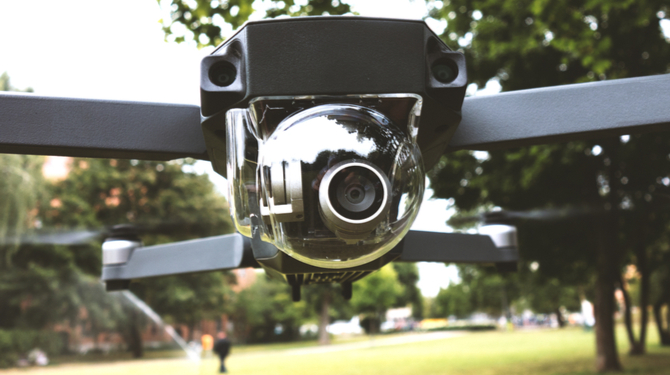The Rise of the Drones? Potential Drone Law Developments this year
In late 2015, the United States Federal Aviation Administration (FAA) set out an interim final rule regarding registration of non-commercial hobby drones. This interim final rule required, among other things, that anyone using a hobby drone weighing between approximately 250 grams and 25 kilograms register it with the FAA through an online process.
The rule addressed growing concerns that law enforcement could be unable to identify users of hobby drones that endangered U.S. airspace. But more importantly, the rule took effect shortly before Christmas, meaning it would be in place just in time to require registration of all hobby drones received as Christmas gifts.
The result was telling: On January 6, the FAA announced that about 181,000 hobby drone users had registered their drones with the FAA. This was far fewer than the 700,000 drones the FAA estimated would be sold around Christmas. Nonetheless, the numbers show that hobby drone ownership is on the rise in the United States. This means drones, privacy, and airspace safety issues will continue to occupy American state legislatures and the FAA.
State Legislatures
According to the National Conference of State Legislatures, 168 bills regarding drones were introduced in 45 states in 2015. Not surprisingly, many of these were privacy-related. However, in 2015, we saw numerous other issues arise due to incidents involving drone usage in the United States. These included: drones that were shot down, drones that prevented a helicopter from suppressing a wildfire, and a Connecticut high-school student who mounted a gun to a drone for a school presentation.
The 2015 drone legislation included topics such as:
-
What constitutes a drone.
-
How law enforcement can use drones.
-
How drones can be used by the general public, including issues of privacy.
-
Whether drones can be used in hunting game.
-
Defining when a drone is trespassing.
Although many of these issues were addressed during the 2015 legislative cycle, several states had legislation on only one of the issues, and approximately half of the American states have had no drone-specific legislation.
With the 2016 legislative cycle fast approaching, we can expect numerous drone-related bills to be introduced nationwide. These will likely include those that continue to regulate privacy and when drones are considered to be trespassing. Some may even touch on issues such as liability for drone-related incidents and insurance requirements.
National Regulations
In February 2015, the FAA issued a proposed rulemaking regarding commercial drones weighing under approximately 25 kilograms. By all accounts, the FAA hopes to complete its rulemaking process and have final drone regulations in place by mid-2016.
Following the February announcement, the FAA saw a rush of applications by commercial users for exemption from the general ban on commercial drone usage, a process that became known as the 333 exemption. As of January 2016, the FAA had responded to over 3,500 applications for exemption.
The arrival of final regulations regarding commercial drones, particularly those that address what will be required of drone operators, will be a crucial development in 2016. As of now, companies that use drones commercially are generally required, as part of their 333 exemption, to ensure the drones are operated by someone with a pilot certification, albeit even a sport or recreational certification. This means some companies have, at significant cost, applied for and received pilot certifications for team members that will use drones.
Under the February 2015 proposal, drone operators would be required to pass a test prepared by the FAA, be vetted by the Transportation Security Administration, obtain a special drone operator certificate, and pass a recurring knowledge test every four months. In short, operators would not be required to have a pilot certificate, but the rest of the process will be unveiled in the coming months.
Additionally, under the February 2015 proposal, the FAA required commercial operators to register their drones through a paper form process, which could take a few weeks. Following the late-2015 hobby drone interim final rule, the FAA announced that commercial users will be able to register their drones online beginning around late March 2016.
National Statutes
Despite last year’s flurry of state legislation and proposed federal regulations, no notable federal legislation became law. A bill was introduced in the U.S. Senate that would have required commercial drone usage to be insured or include self-insurance. The 2016 legislative session may see more action on this front, though it is unlikely in a Presidential election year with extended recesses for campaigning.
Conclusion
In addition to drone law that may develop because of disputes that arise from drone usage, there could be substantial developments in this area due to legislative and regulatory action. With the FAA hoping to finalize commercial drone usage rules by mid-2016, it is inevitable that the regulatory landscape could change substantially. Although any regulations may be challenged in court, they at least provide companies more guidance as to how American drone law will begin to look.
Zachary D. Ludens, an attorney in the Miami office of the law firm Carlton Fields, practices in the area of complex commercial litigation and has particular experience in the finance, insurance, intellectual property, and technology sectors.


.jpg)
.jpg)
.jpg)

.jpg)



.jpg)
